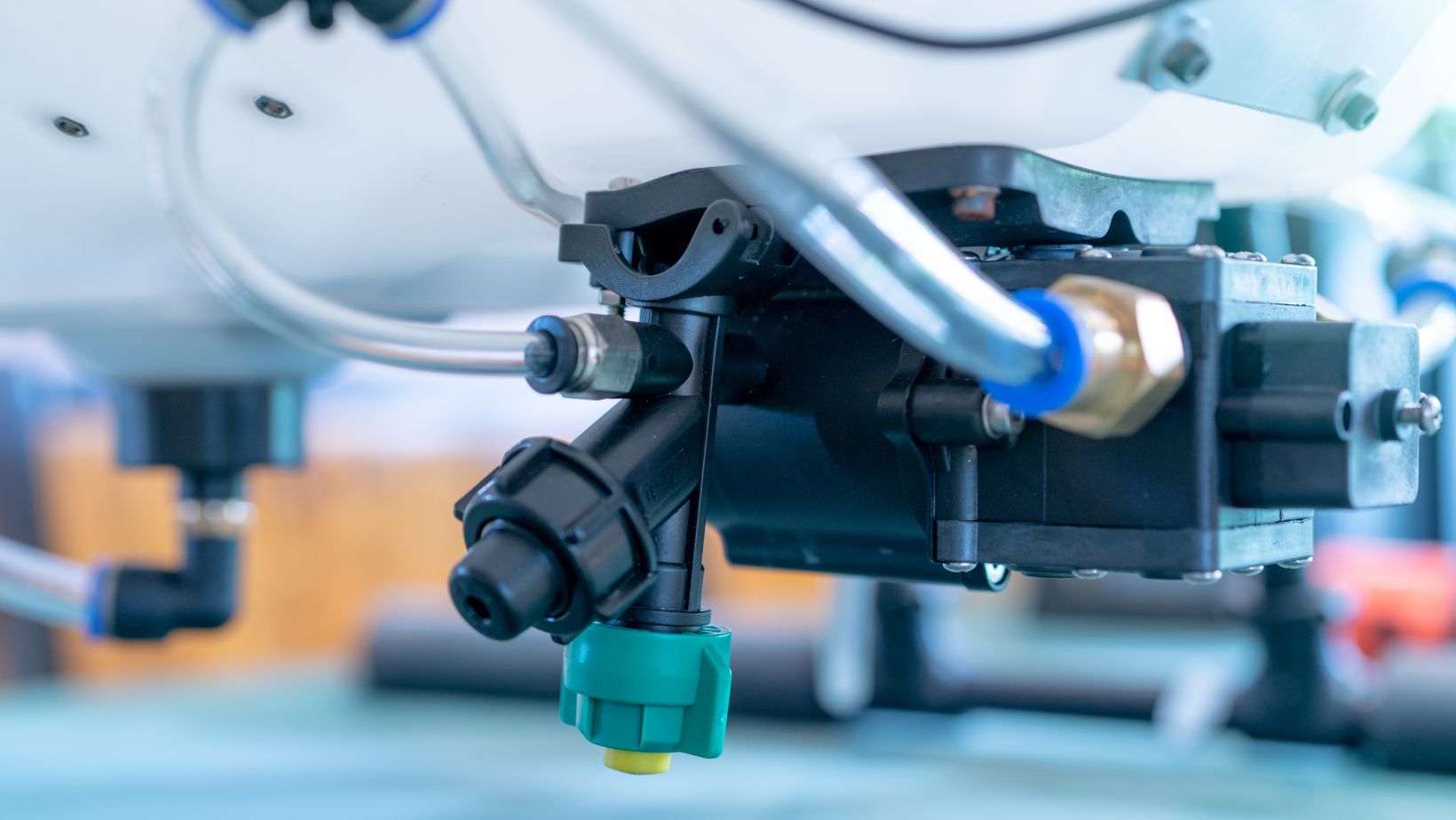

Casinos have always been at the forefront of innovation, blending entertainment with cutting-edge technology to enhance the gaming experience. With the rise of the Internet of Things (IoT), the industry is entering a new era where data-driven insights are revolutionizing how casinos operate. One of the most exciting advancements? Smart tables.
Smart tables are transforming the way we think about casino analytics. These tables provide unprecedented insights into player behavior, game performance, and operational efficiency by integrating IoT sensors and real-time data collection. They’re not just enhancing the gaming experience; they’re reshaping how casinos make decisions, optimize resources, and engage with their customers. Similarly, innovations in gaming extend beyond casinos into the digital realm, where platforms like Electron Magazine’s game discovery hub help players explore new and exciting titles, showcasing how technology continues to revolutionize entertainment experiences.
As we explore this fascinating intersection of technology and gaming, it’s clear that smart tables are more than just a trend. They’re a game-changer for the entire industry. Let’s dive into how IoT is redefining casino analytics and shaping the future of gaming.
What Are Smart Tables?
Smart tables are advanced gaming tables powered by IoT technology. They collect and process real-time data, providing insights that revolutionize casino operations and enhance gaming experiences.
The Role Of IoT In Casinos
IoT integrates smart devices into gaming tables, enabling seamless data collection. Sensors monitor player interactions, dealer activities, and game performance. This level of connectivity improves decision-making and enhances player engagement. Without IoT, capturing such detailed and dynamic operational data isn’t feasible.
Key Features Of Smart Tables
Smart tables include RFID-enabled chip tracking, automated game outcome recording, and player activity monitoring. Sensors and cameras gather accurate, real-time data. Integration with analytics platforms provides actionable insights for table optimization and fraud detection. These features benefit both players and operators.
Benefits Of Smart Tables In Casino Analytics
Smart tables integrated with IoT transform casino analytics by delivering real-time data, improving gameplay, and optimizing operations. Platforms like Roll XO Casino exemplify how cutting-edge technology is embraced to redefine casino functionality while elevating security and efficiency.
Enhanced Data Collection And Analysis
Smart tables use RFID and AI to streamline data collection and eliminate manual tasks. They gather accurate insights on bets, game dynamics, and trends, enabling casinos to monitor game play and detect issues like chip theft or dealer errors. 
This advanced analysis supports fraud prevention and boosts revenue protection. Player behavior trends, predictive analytics, and game tracking enhance floor management and help refine strategies.
Improved Player Experience
IoT-based smart tables enhance player engagement by ensuring fair, efficient, and seamless gaming sessions. Real-time tracking removes delays in bet processing and player rewards, creating a smoother experience. Insights gained through gameplay analysis allow casinos to tailor offerings, increasing player satisfaction and loyalty while fostering a competitive gaming environment.
Operational Efficiency For Casinos
Smart tables simplify operations by automating resource-intensive processes like game recording and bet audits. These efficiencies reduce labor costs and human errors, saving resources and time for staff. By integrating smart tables with analytics platforms, casinos gain actionable data that aids decision-making, optimizing table layouts, and improving product offerings to maximize profits.
Challenges Of Implementing Smart Tables
Despite their transformative potential, smart tables present several challenges that casinos must address to reap their benefits fully.
Data Security And Privacy Concerns
Smart tables rely on IoT systems that collect and process sensitive data, increasing breaches and unauthorized access risks. Player behavior, transaction details, and operational data are valuable targets for cybercriminals. Ensuring compliance with data protection laws while preventing security vulnerabilities demands robust cybersecurity measures and regular system audits.
High Costs And Maintenance
Due to advanced IoT integrations like RFID and AI-powered analytics, smart tables require substantial initial investments. Once operational, continuous maintenance, software updates, and component repairs incur additional costs. Frequent technical malfunctions require skilled personnel to maintain system integrity, creating further financial and operational strain.
Future Trends In IoT And Smart Tables
Smart tables continue to evolve, reshaping the casino industry. Emerging IoT trends promise to unlock new possibilities, especially with advanced analytics, expanded applications, and AI innovation driving development.
AI Integration With Casino Analytics
Artificial intelligence is amplifying smart table capabilities and optimizing decision-making through predictive analytics. Machine learning algorithms analyze real-time gameplay data to predict player behaviors, detect irregularities, and improve betting accuracy.

This integration enables more effective fraud prevention by identifying patterns in suspicious activities. AI further enhances customer engagement by tailoring recommendations based on individual preferences, encouraging higher participation.
Expansion To Other Gaming Platforms
IoT technology is already extending beyond traditional table games, transforming platforms like slot machines, e-sports arenas, and live dealer games. As more gaming systems adopt IoT, casinos can monitor player interactions across diversified platforms, creating a unified analytics ecosystem. Mobile and online gaming integration expands data collection, offering operators insights into multi-channel gaming behaviors and preferences. These expansions improve user experience while driving innovation in cross-platform casino gaming strategies.
Conclusion
Smart tables powered by IoT are reshaping the casino industry, offering unparalleled insights and operational efficiencies. These tables set new standards for gameplay, decision-making, and player engagement by combining advanced technology with real-time analytics.
While challenges like data security and implementation costs remain, the potential benefits far outweigh the obstacles. As IoT and AI evolve, we’re poised to see even greater innovation, transforming casinos into smarter, more connected environments.
The future of gaming lies in embracing these technologies to create seamless, data-driven experiences that benefit players and operators alike.










